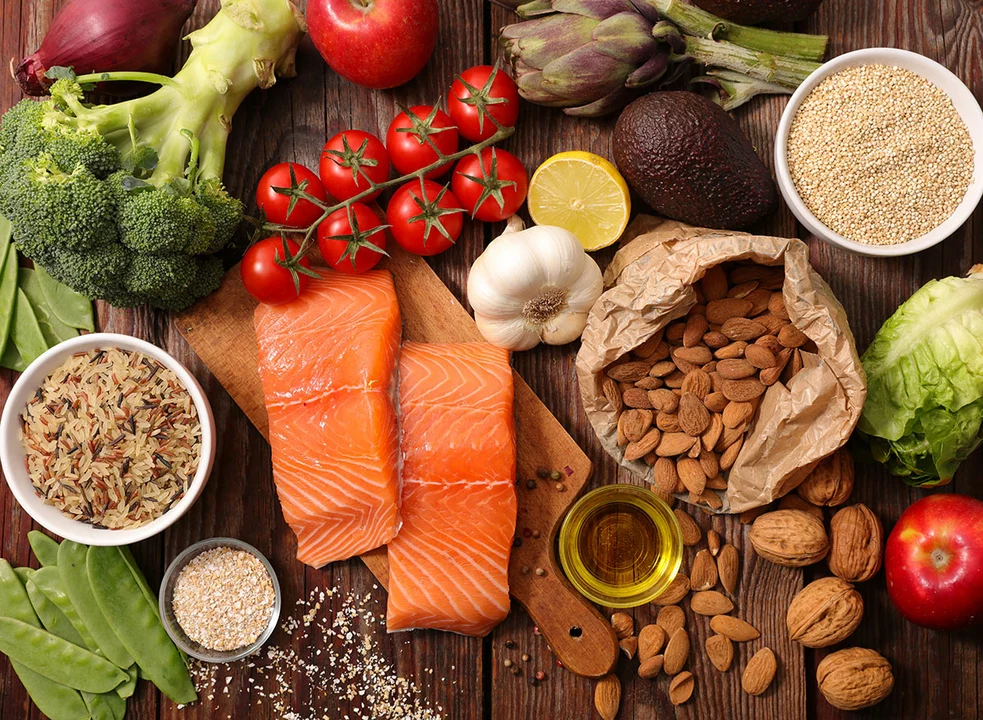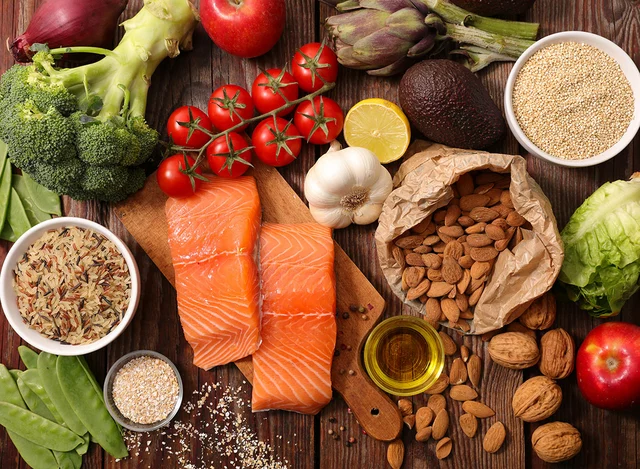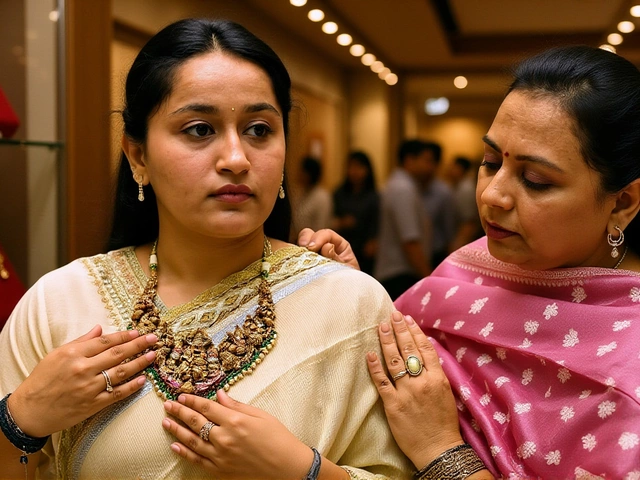Nutrition Tips to Power Your PSC Exam Prep
When you’re hitting the books for weeks on end, what you eat can make a big difference. Good nutrition fuels your brain, keeps your energy steady, and helps you stay focused. Below are easy, budget‑friendly ideas you can start using today.
What to Eat for Better Concentration
Foods rich in omega‑3 fatty acids, like walnuts or a small handful of flaxseeds, support memory. Pair them with whole‑grain toast for a slow‑release of energy. Adding a banana or a few berries gives a quick boost of natural sugar without the crash you get from candy.
Protein is another key player. A boiled egg, a scoop of Greek yogurt, or a slice of paneer can keep hunger at bay during long study marathons. Mix protein with complex carbs – think chickpea salad with veggies – and you’ll avoid the midday slump.
Smart Snacking Strategies
Snacks are inevitable, but choose ones that help, not hurt. Carrot sticks with hummus, roasted chickpeas, or a small portion of mixed nuts provide crunch and nutrients. Keep a water bottle nearby; dehydration often feels like fatigue, and a sip of water can clear your mind faster than a coffee break.
If you crave something sweet, reach for dark chocolate (70% cocoa or more). A couple of squares give a mild caffeine lift and antioxidants that protect brain cells. Just watch the portion – a little goes a long way.
Plan your meals ahead of time. Preparing a batch of vegetable pulao or a lentil soup on Sunday means you have a wholesome lunch ready for the week. Store portions in the fridge, reheat, and you’ll skip the temptation of fast‑food options.
Timing matters too. Try to finish your biggest meals at least two hours before you sit down to study. A heavy stomach can make you sleepy, while a light, balanced snack right before a session keeps blood sugar stable.
Don’t forget the power of routine. Eating at regular intervals—every three to four hours—keeps your metabolism humming. Set a reminder on your phone if you tend to lose track of time while reading notes.
Finally, listen to your body. If you feel sluggish after a certain food, adjust your diet. Everyone reacts differently, so personal tweaks are essential for lasting results.
Bottom line: simple, nutritious meals and smart snacks can sharpen focus, improve memory, and keep you energized for those marathon study days. Start with one change today, and watch your performance lift.

What is the most unhealthy Indian food?
- Date: 30 Apr 2023
- Categories:
- Author: Aarav Khatri
As a food enthusiast, I recently delved into exploring the unhealthy side of Indian cuisine. It turns out, the most unhealthy Indian food is arguably the deep-fried, calorie-laden samosa. While it's hard to resist the delicious taste of this popular snack, the high amounts of saturated fats and cholesterol in the dough and the filling make it an unhealthy choice. Moreover, samosas are often served with sweet and spicy chutneys, adding to the overall calorie count. So, as tempting as it may be, it's best to enjoy samosas in moderation to maintain a balanced diet.




